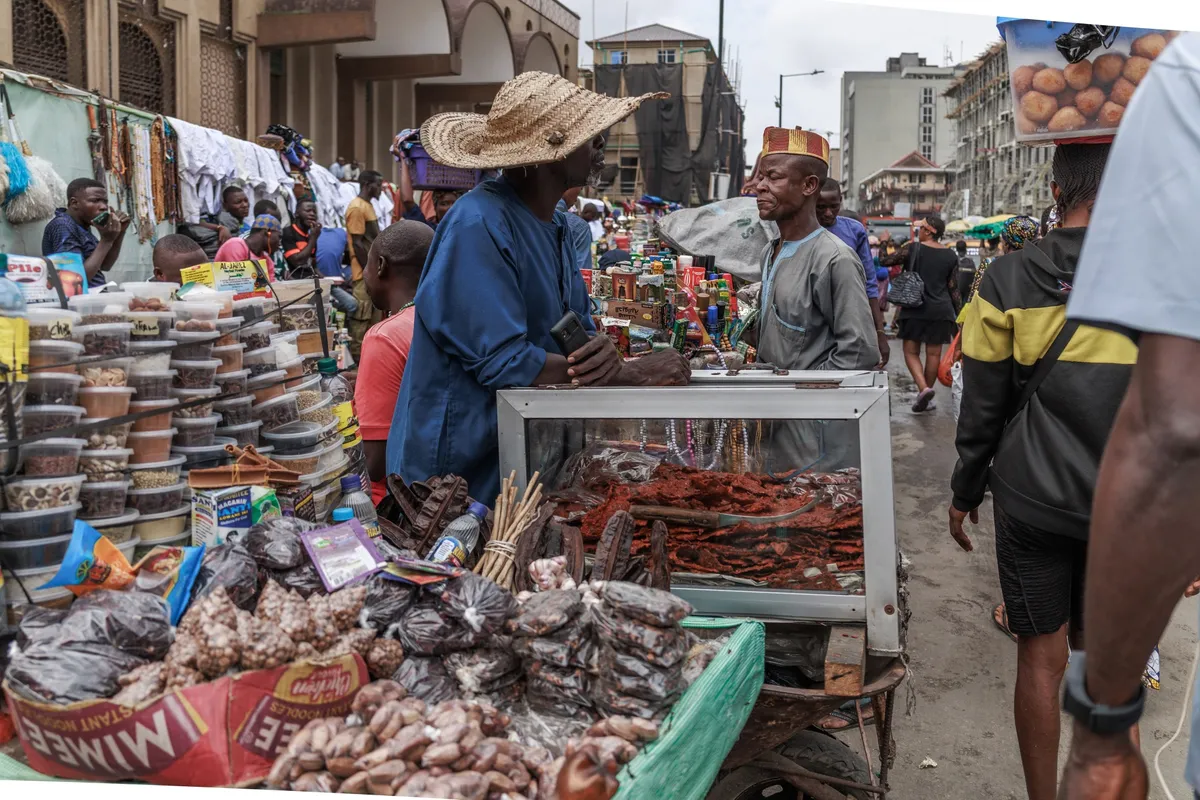 Olugbemi. Adeyinka Ogunleye
6 months ago
Olugbemi. Adeyinka Ogunleye
6 months ago
Overview
Has Nigeria Turned a Corner? Investors Think So
Nigeria’s fortunes appear to be looking up after nearly two years of painful economic reforms that triggered a cost-of-living crisis.
Improved security in its main oil-producing region has boosted earnings from crude, which generates about 80% of foreign-exchange inflows. Daily output averaged 1.54 million barrels in January, a four-year high and exceeding the West African nation’s OPEC+ quota.
The pickup in revenue has helped stabilize the naira that plunged about 70% against the dollar since June 2023, when the central bank started allowing it to trade more freely. Investors have taken note.
The extra yield they demand to hold the country’s dollar debt has fallen to a five-year low. And the main stock index is up 11% since the beginning of December, triple the gain posted by the MSCI developing-world equities index.
Nigeria, meanwhile, looks set to regain the mantle of Africa’s biggest economy (it currently ranks fourth) when the national statistics agency releases rebased figures next month. Gross domestic product is expected to be revised upward to almost $500 billion.
The release of overhauled inflation data on Tuesday was another boon. The measure fell to 24.5% from almost 35% a month before.
That could offer the central bank scope to trim its key interest rate when it meets on Thursday, giving consumer spending and the economy another lift.
The good news hasn’t come a moment too soon for President Bola Tinubu, whose attempts to steady the government’s finances have sent food and fuel prices soaring, and exacerbated hardship in a country where more than half the population lives below the poverty line.
Challenges remain to keep up the momentum, but the long-flailing economy does have a far better look.
Credit: Bloomberg



